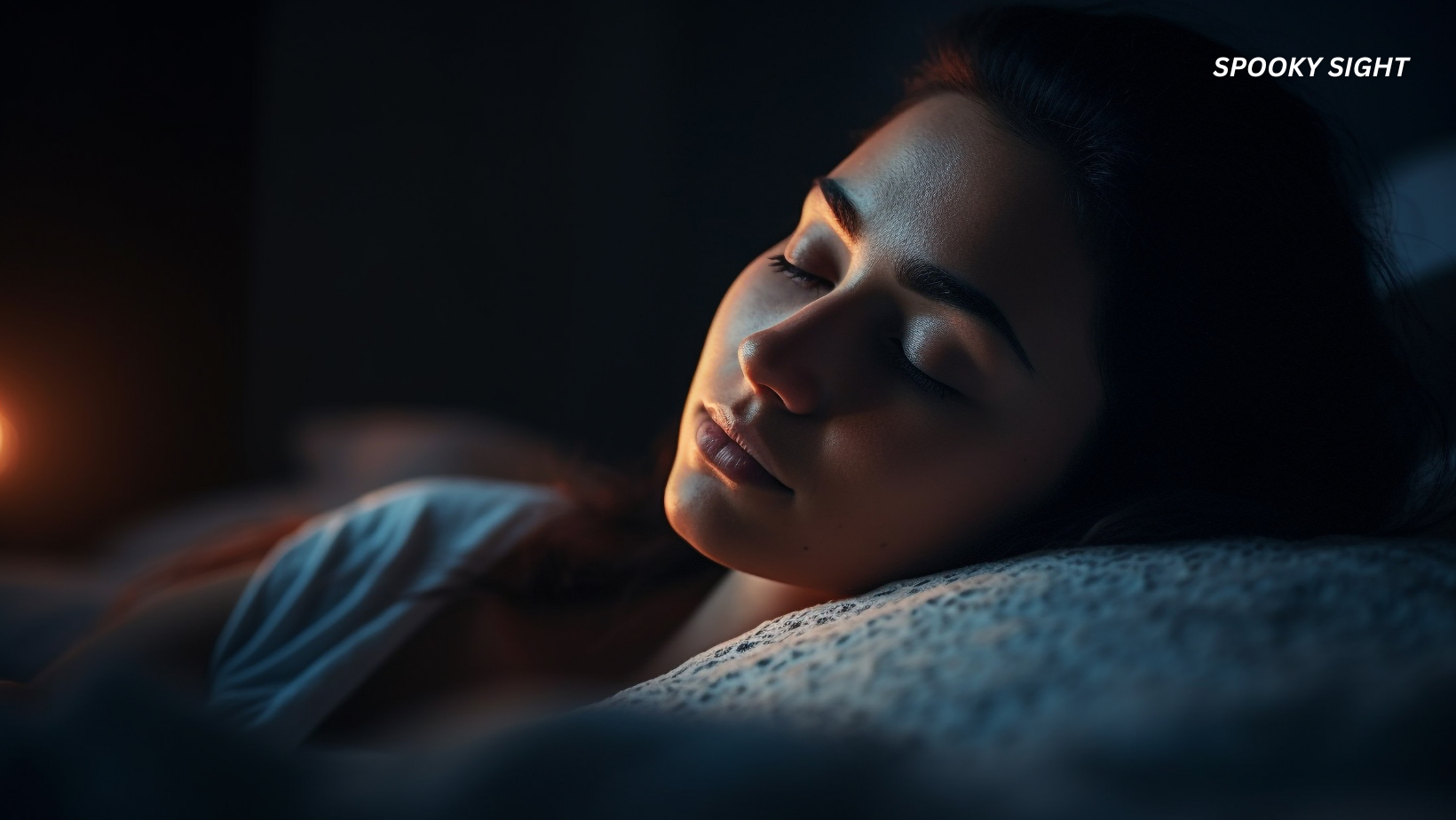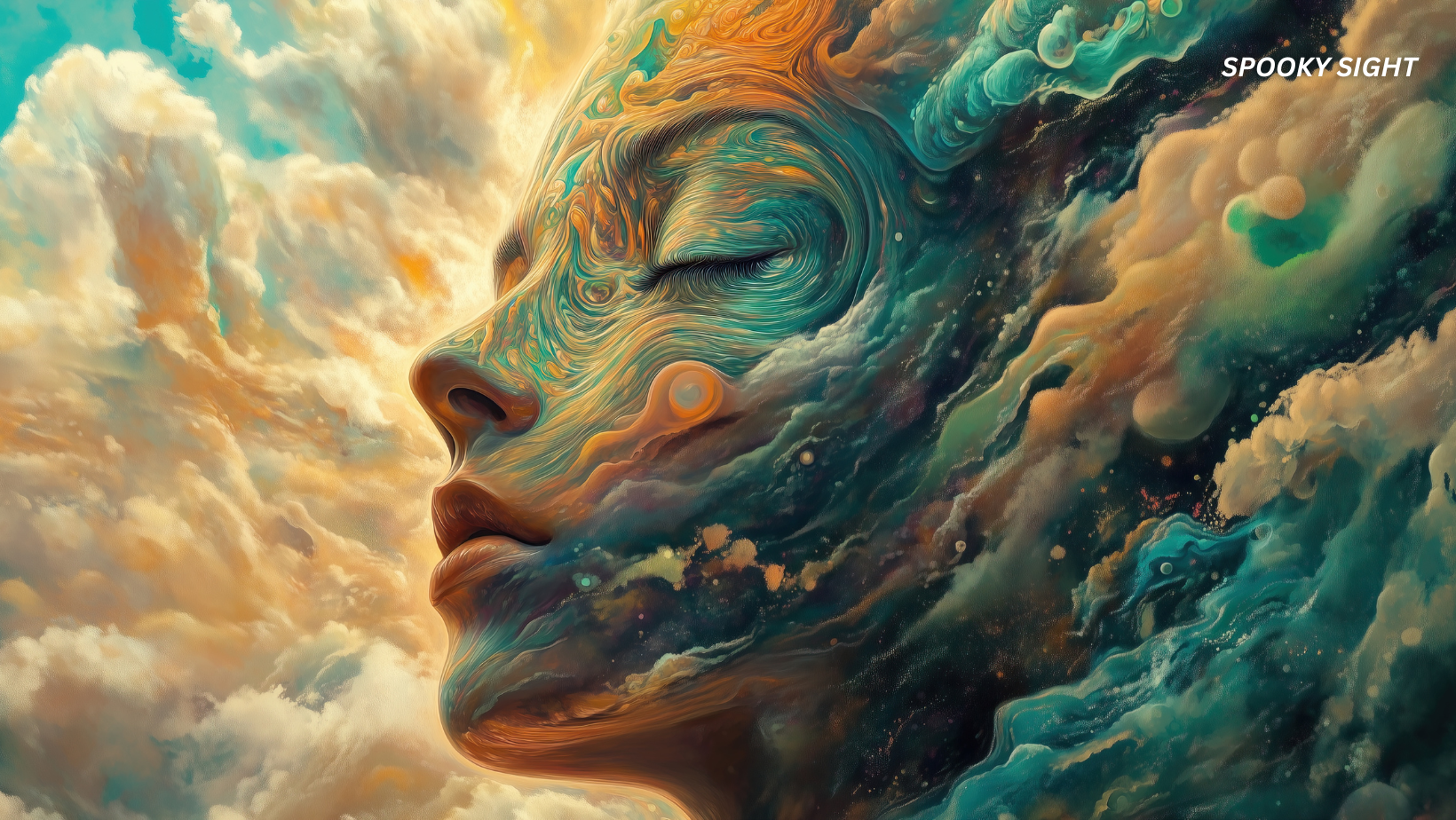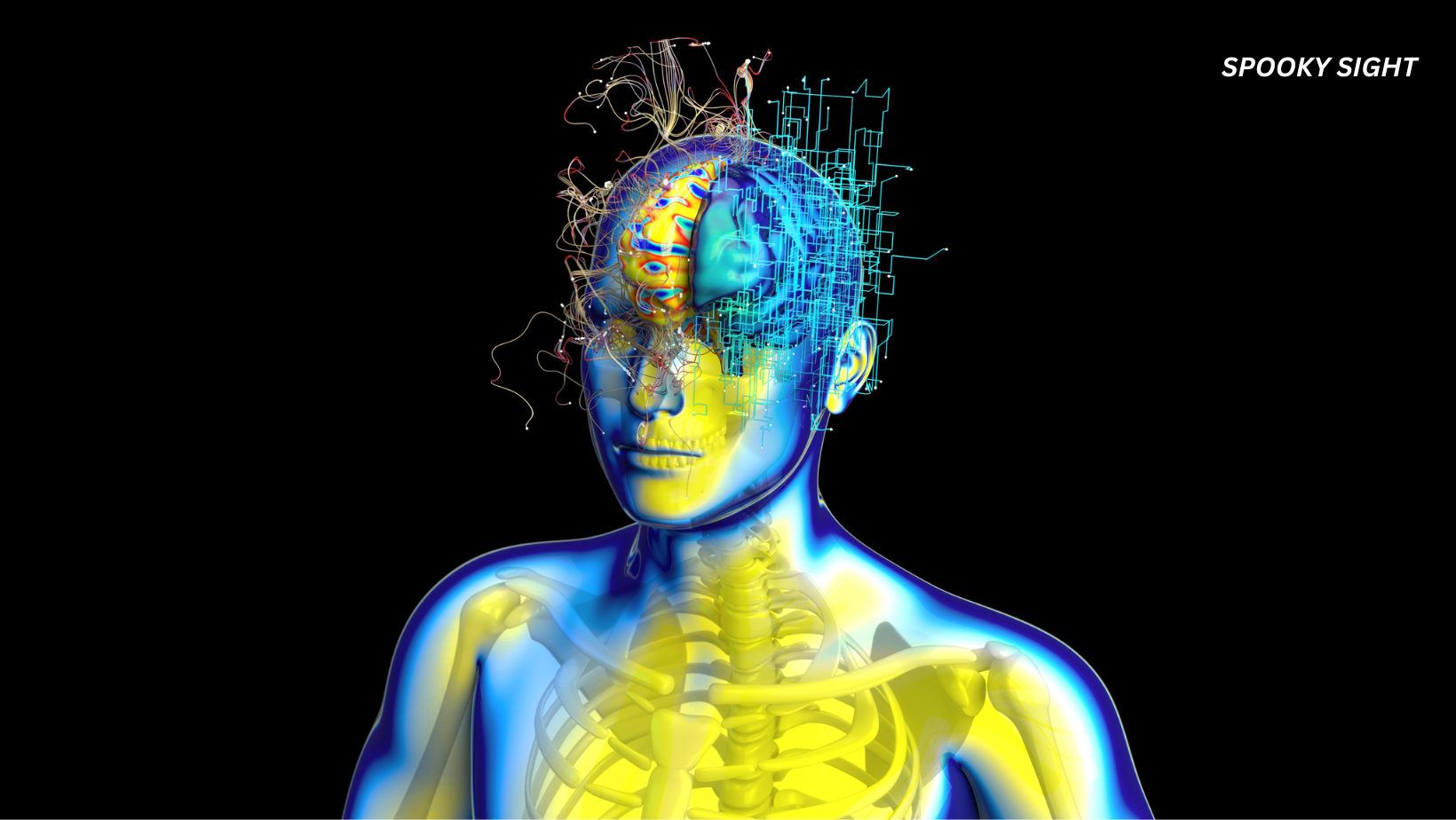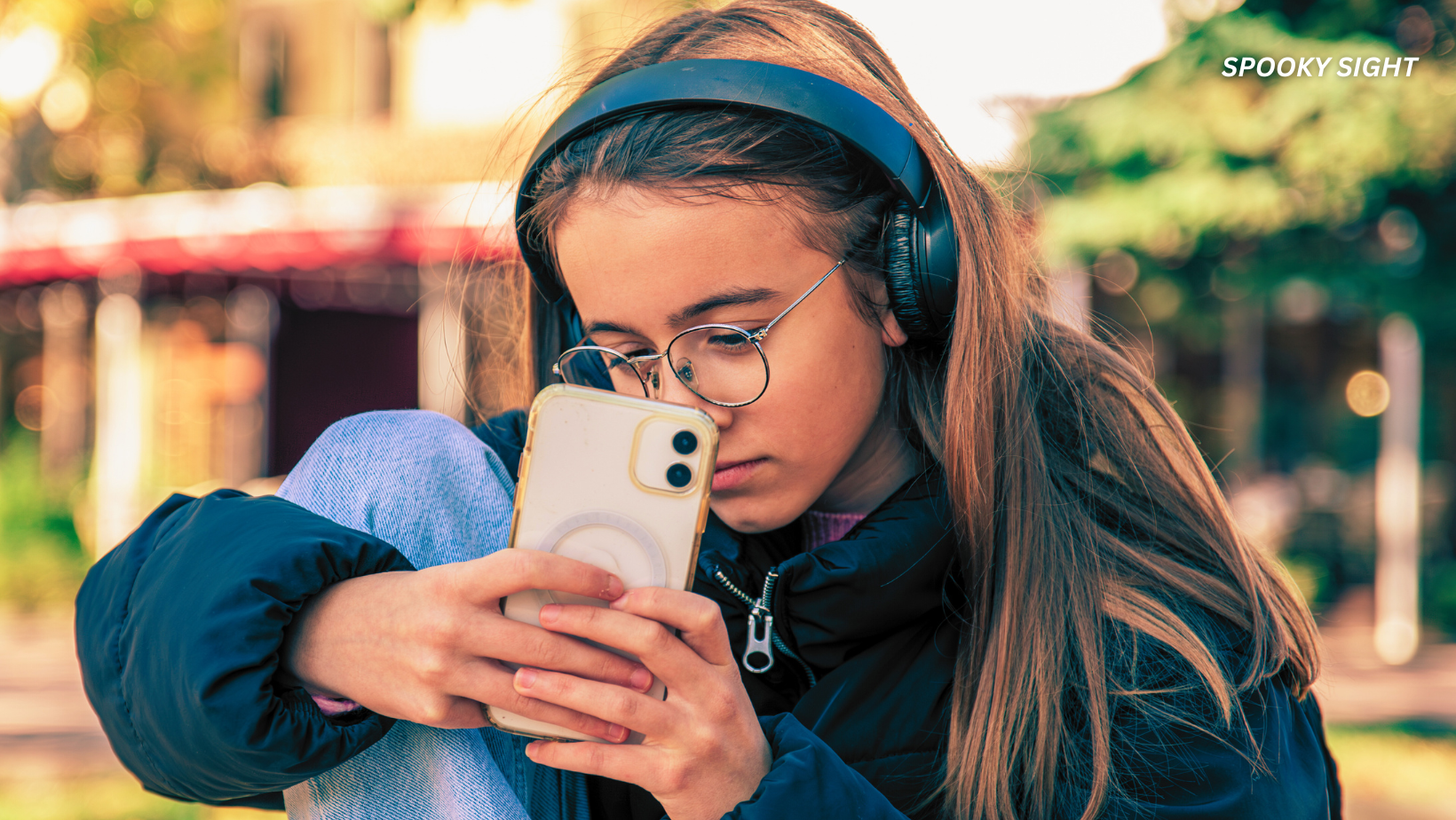We all know someone who insists on sleeping in total darkness — the type who pulls the curtains tight, tapes over every blinking LED, and treats any glowing gadget like an enemy. As it turns out, that friend may be onto something profound. Science is now offering new evidence that the amount of light around us at night doesn’t just affect our sleep — it could actually impact our heart health.
Recent findings, set to be presented at the American Heart Association’s Scientific Sessions 2025, suggest that even small amounts of artificial light at night may place hidden stress on the brain, inflame blood vessels, and increase the risk of heart disease. In other words, your bedroom’s light pollution might be quietly nudging your cardiovascular system in the wrong direction.
The Modern Glow: Our World Never Sleeps
Take a look outside your window tonight, and chances are the sky isn’t truly dark. Streetlights, billboards, neon signs, and glowing office towers fill our nights with a dim but constant radiance. Even inside our homes, tiny indicator lights on electronics or the soft glow of a charging phone add to the ambient light levels.
This phenomenon — often called artificial nighttime light pollution — has become a defining feature of modern living. According to global light maps, more than 80% of people on Earth now live under light-polluted skies. But while it makes our cities look beautiful from above, it might also be interfering with something deeply biological: our body’s natural rhythm.
Humans evolved to function in cycles of light and darkness. Before electricity, night meant darkness — and that darkness triggered the production of melatonin, a hormone that helps regulate sleep, repair cells, and manage blood pressure. But in today’s illuminated world, that biological signal is being drowned out.
Read more: Archaeologists Discover Mysterious Amazon Spheres Filled With Bones That Don’t Belong Together
A Closer Look at the Study
The research, led by Dr. Shady Abohashem from Massachusetts General Hospital, aimed to explore how light exposure at night affects the heart and brain. His team analyzed the health data of 466 adults who underwent PET/CT scans between 2005 and 2008. These scans provided detailed images showing both brain activity and inflammation in the arteries — two key indicators of stress and cardiovascular risk.
To understand how much light exposure participants faced, the researchers turned to a fascinating resource: the 2016 New World Atlas of Artificial Night Sky Brightness, which maps out nighttime brightness across the planet. By matching participants’ home addresses to light pollution data, the team could estimate how much artificial light each person was regularly exposed to while sleeping.
What They Found
The findings were striking. Participants who lived in brighter areas — where artificial light seeped into homes even at night — had:
- Higher stress-related brain activity,
- More inflammation in their blood vessels, and
- A greater likelihood of developing heart disease later on.
By the end of 2018, about 17% of participants had experienced significant heart problems such as heart attacks or other cardiovascular events. Even when the researchers accounted for other well-known risk factors — like air pollution, income level, and neighborhood noise — the connection between nighttime light and heart disease remained strong.
“We found a nearly linear relationship between nighttime light and heart disease,” Abohashem explained. “The more night-light exposure, the higher the risk — even modest increases in light were linked with more stress in the brain and arteries.”
Why the Brain Plays a Key Role
So how exactly does light affect our heart through the brain? According to Abohashem, the mechanism appears to involve our body’s stress response. When the brain perceives stress — whether from noise, emotional tension, or in this case, constant light — it activates a series of biological signals. These signals can stimulate the immune system, leading to inflammation in the blood vessels.
Over time, this chronic low-level inflammation contributes to atherosclerosis, or the hardening of the arteries, which increases the risk of heart attacks and strokes. In simpler terms, the brain’s reaction to artificial light at night may be slowly tiring out the heart.
This builds on previous research showing that the sympathetic nervous system, responsible for our “fight or flight” responses, can be triggered by disruptions in circadian rhythms — the body’s internal clock that regulates when we sleep, wake, and perform countless biological functions.
Read more: This Sea Creature May Have Found the Secret to Immortality, And Humans Want To Steal It
The Science of Light and the Human Body
To understand why nighttime light has such a powerful influence, it helps to look at how our body responds to illumination in general.
Light — especially blue light, which is emitted by phones, computers, and LED bulbs — suppresses melatonin production. Melatonin isn’t just a sleep hormone; it also has antioxidant and anti-inflammatory properties that protect the cardiovascular system. When light interrupts its release, we don’t just sleep poorly — we also lose one of our body’s natural defenses against heart damage.
Moreover, light at night confuses the suprachiasmatic nucleus (SCN), a region in the brain that acts as our master clock. When this clock is thrown off, it can affect everything from metabolism and blood sugar to mood and blood pressure. Over time, even mild disruption may lead to conditions like obesity, diabetes, and hypertension — all of which are linked to heart disease.
When Darkness Becomes a Health Strategy
Given what researchers are learning, it might be time to treat darkness as a health necessity, not just a preference. Dr. Abohashem suggests that individuals — and even cities — can take steps to reduce unnecessary light exposure.
1. At the Individual Level:
- Use blackout curtains or sleep masks to block out external light.
- Avoid using electronic screens an hour before bed, or use the device’s night mode to minimize blue light.
- Dim indoor lighting in the evening to signal to your body that it’s time to wind down.
- Cover small LED lights on chargers, clocks, or other electronics — those tiny glows add up.
2. At the Community Level:
Cities could also make changes that benefit both humans and wildlife. For example:
- Switching to warmer-colored streetlights, which are less disruptive to circadian rhythms.
- Reducing unnecessary outdoor lighting in public areas after certain hours.
- Encouraging “dark sky” initiatives, which promote responsible lighting to preserve natural night environments.
Interestingly, light pollution isn’t just a human problem. It affects migratory birds, insects, and even marine life, disrupting their natural navigation systems and breeding patterns. So, sleeping in the dark might be doing more than just protecting your heart — it could also be helping the planet.
The Bigger Picture: Why We Need Darkness
The implications of this research go beyond heart disease. Scientists are increasingly recognizing that light pollution may contribute to a range of issues — from sleep disorders and mood problems to obesity and even cancer risk.
For instance, studies on shift workers — who are often exposed to light at unnatural hours — show higher rates of metabolic and cardiovascular diseases. Some researchers even argue that light pollution should be treated as a public health concern, much like air or noise pollution.
Darkness, it seems, is not just a lack of light — it’s an essential biological condition our bodies depend on. Our ancestors lived by the rhythms of the sun and moon, and our physiology still expects that natural pattern. When we blur the line between day and night, we confuse the very systems designed to keep us healthy.
Read more: 8 Quiet Things People With Low Empathy Often Say Without Realizing It
Turning Out the Lights — for Real
In the age of smartphones and 24/7 connectivity, complete darkness can feel almost unattainable. Yet this research reminds us that reclaiming a dark night’s sleep might be one of the simplest, most affordable ways to care for our hearts.
So tonight, before you go to bed, take a look around your room. Dim the lights, put your phone away, and close those blinds — not just for better sleep, but for your long-term health. Your brain — and your heart — might thank you for it.
Featured image: Freepik.
Friendly Note: Spookysight.com shares general information for curious minds. Please fact-check all claims. 🌱









